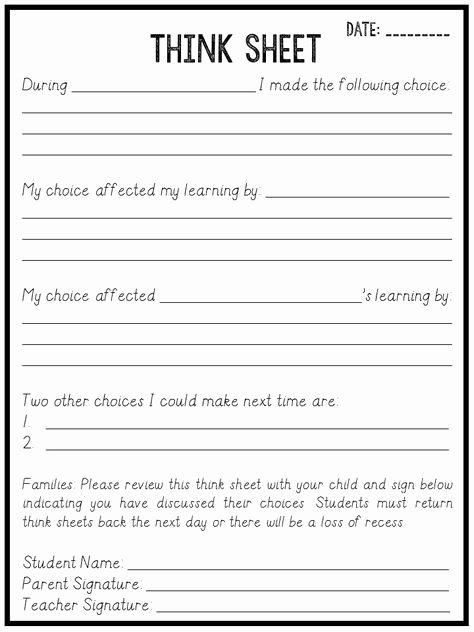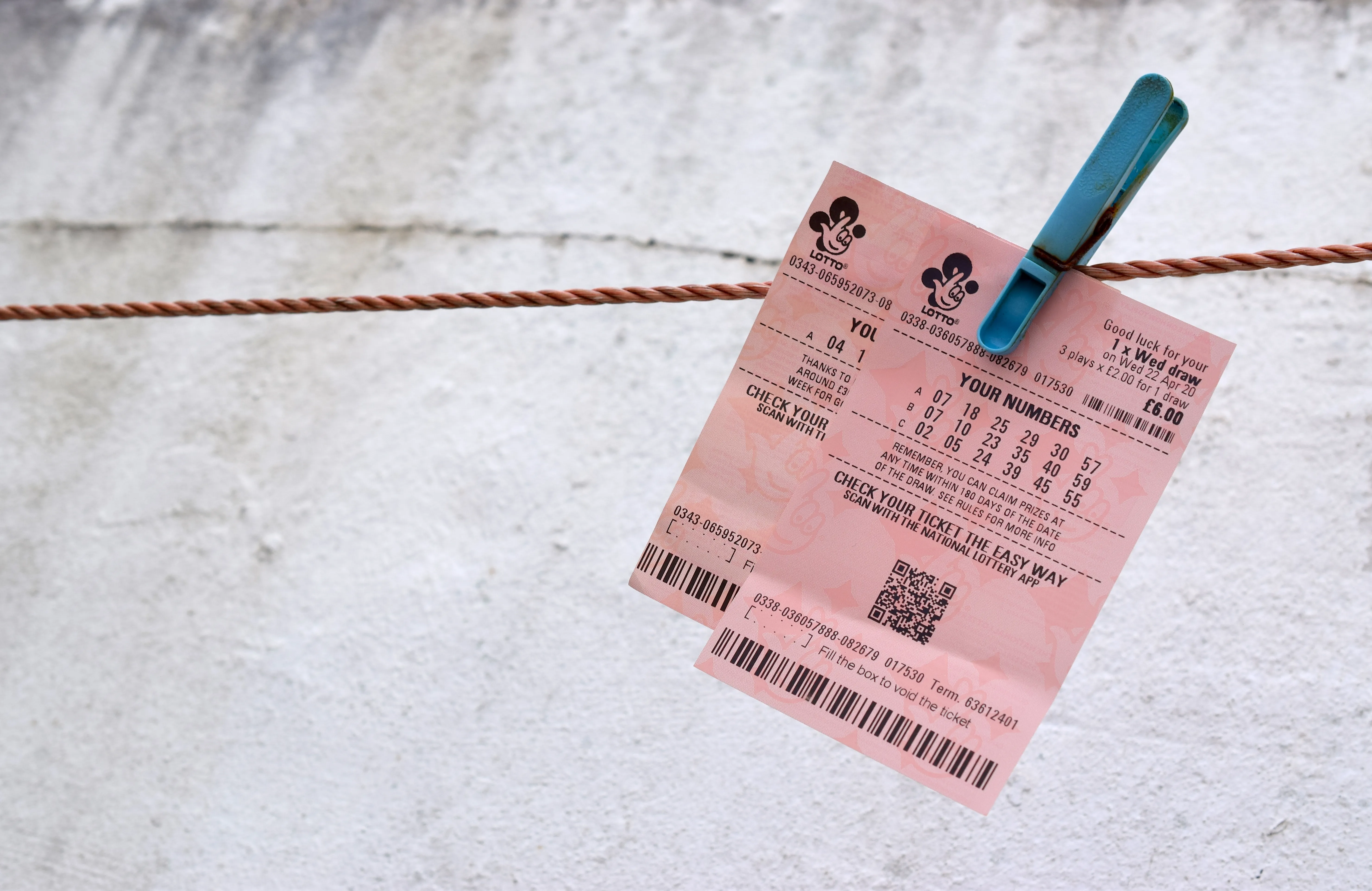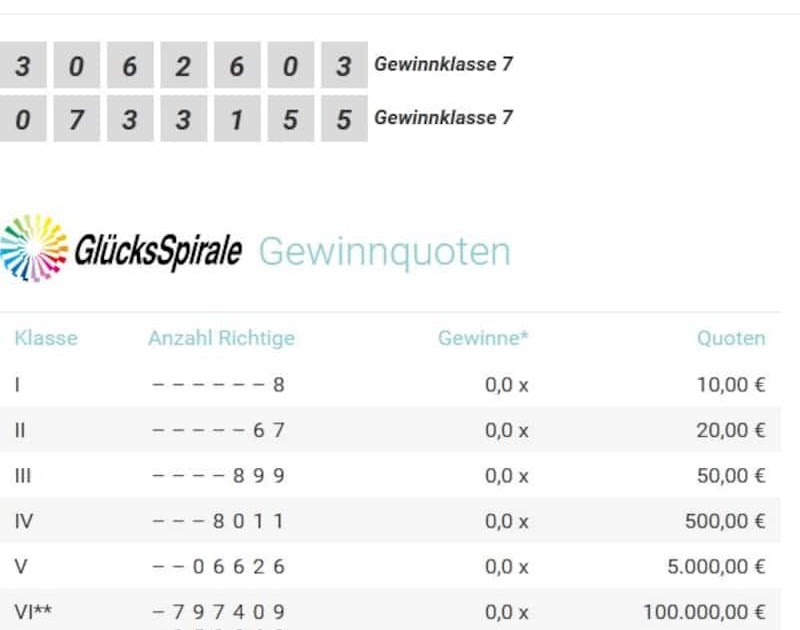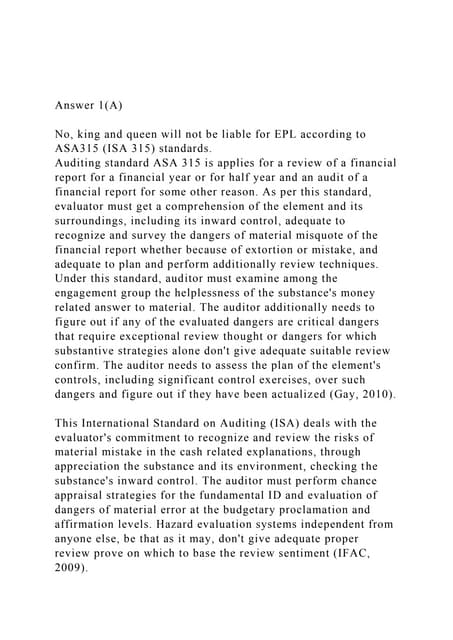School Suspension: A Counterproductive Approach To Student Discipline

Table of Contents
The Negative Impact of School Suspension on Academic Performance
School suspension significantly harms a student's academic progress, creating a ripple effect with long-lasting consequences. The lost learning time and disruption to the learning environment contribute to decreased academic achievement and increased likelihood of future school failure.
Increased Absenteeism and Missed Instruction
Suspensions directly translate to missed classes, assignments, and crucial learning opportunities. This lost instruction time leaves students significantly behind their peers.
- Missed classes: Even a short suspension results in missed lessons and vital classroom interactions.
- Difficulty catching up: The material covered during the suspension is often difficult to master independently, creating a knowledge gap that can be hard to overcome.
- Decreased grades and test scores: Studies consistently demonstrate a strong correlation between school suspension and lower grades, as well as poorer performance on standardized tests. A significant number of students suspended experience a decline in their GPA.
Disruption of Learning Continuity
Suspension doesn't just mean missed classes; it disrupts the entire learning process. The break in routine, the emotional turmoil, and the potential damage to teacher-student relationships all contribute to a decline in academic performance.
- Loss of valuable learning time: This goes beyond just the missed classes; it includes the disruption to the student's learning rhythm and their ability to engage fully upon their return.
- Damaged teacher-student relationships: Suspension can strain the relationship between the student and their teachers, making it harder for them to re-engage with learning.
- Increased anxiety and stress: The fear of suspension and the experience of it itself can cause significant anxiety and stress, further hindering academic performance. The stigma of suspension can impact a child's self-esteem and motivation to learn.
The Social and Emotional Consequences of School Suspension
Beyond academics, school suspension carries severe social and emotional consequences, potentially leading to a cycle of negative behaviors and increased risk of future delinquency.
Increased Risk of Future Delinquency
Suspending students often backfires, increasing the likelihood of future negative behaviors. The experience of suspension, the associated stigma, and the lack of support can contribute to a downward spiral.
- Stigmatization and self-esteem: The label of "suspended student" can create lasting negative social consequences, impacting a child's self-esteem and social standing.
- Increased likelihood of dropout: Studies have shown a strong correlation between suspension and increased dropout rates.
- Correlation with future criminal activity: Research indicates a link between school suspension and future involvement in the juvenile and adult justice systems. The disruption to education and social support networks increases vulnerability to negative influences.
Negative Impact on Social-Emotional Development
Suspension isolates students, depriving them of valuable social interactions and support networks. This isolation can exacerbate existing emotional problems and hinder their social-emotional development.
- Isolation and alienation: Time away from school can lead to feelings of isolation, anger, and resentment towards the school and authority figures.
- Damaged peer relationships: Suspension can damage relationships with peers, making it challenging for students to reintegrate into the school community.
- Harm to emotional well-being: The experience of suspension itself can significantly harm a student’s self-esteem and mental health. The lack of support during this time can also negatively impact their emotional development.
More Effective Alternatives to School Suspension
Instead of relying on school suspension, schools should adopt more effective disciplinary approaches that address the root causes of misbehavior and promote positive behavior changes.
Restorative Justice Practices
Restorative justice focuses on repairing harm caused by misbehavior and building stronger relationships within the school community. This approach prioritizes dialogue, understanding, and accountability.
- Conflict resolution circles: These circles bring together involved parties (students, teachers, administrators, parents) to collaboratively address the harm caused and create solutions.
- Peer mediation: Trained peers facilitate discussions between students involved in conflicts, helping them find mutually acceptable resolutions.
- Benefits of restorative practices: Restorative practices create a more positive school climate, reduce suspensions, and help students develop empathy and conflict-resolution skills.
Positive Behavior Interventions and Supports (PBIS)
PBIS is a proactive, data-driven framework that focuses on teaching and reinforcing positive behaviors rather than solely reacting to misbehavior.
- Positive reinforcement: Rewards and recognition for positive behavior help create a culture of respect and responsibility.
- Clear expectations: Clearly defined rules and expectations make it easier for students to understand what is expected of them.
- Effective PBIS implementation: A well-implemented PBIS program leads to a more supportive and inclusive learning environment, reducing the need for disciplinary actions like suspension.
Addressing Underlying Issues
Many behavioral problems stem from underlying issues like learning disabilities, trauma, or mental health challenges. Addressing these issues is crucial for effective discipline.
- Individualized Education Programs (IEPs): Students with learning disabilities benefit from IEPs that provide individualized support and accommodations.
- Counseling and therapy: Professional help can address emotional and behavioral challenges, preventing future misbehavior.
- Collaboration between school, family, and mental health professionals: A coordinated approach is necessary to effectively address the complex needs of students.
Conclusion
School suspension is a counterproductive disciplinary approach with far-reaching negative consequences for students' academic performance, social-emotional well-being, and future prospects. The data overwhelmingly shows a link between suspension and increased rates of dropout, delinquency, and future negative outcomes. Instead of relying on this ineffective punishment, schools should embrace alternative disciplinary strategies, such as restorative justice practices, positive behavior interventions and supports (PBIS), and a focus on addressing underlying issues. Let's move beyond the counterproductive approach of school suspension and embrace more effective strategies that support student success. Advocate for change in your school district and help create a more positive and inclusive learning environment for all students. Ending the cycle of school suspensions requires a collective effort.

Featured Posts
-
 Check Your Tickets Lotto Results Saturday April 12th
May 03, 2025
Check Your Tickets Lotto Results Saturday April 12th
May 03, 2025 -
 Loyle Carner 3 Arena Gig Dates Tickets And More
May 03, 2025
Loyle Carner 3 Arena Gig Dates Tickets And More
May 03, 2025 -
 Lotto 6aus49 Mittwoch 9 4 2025 Die Aktuellen Gewinnzahlen
May 03, 2025
Lotto 6aus49 Mittwoch 9 4 2025 Die Aktuellen Gewinnzahlen
May 03, 2025 -
 Fortnite Server Status Chapter 6 Season 3 Galactic Battle
May 03, 2025
Fortnite Server Status Chapter 6 Season 3 Galactic Battle
May 03, 2025 -
 Souness Havertz Still Not The Answer For Arsenals Epl Struggles
May 03, 2025
Souness Havertz Still Not The Answer For Arsenals Epl Struggles
May 03, 2025
